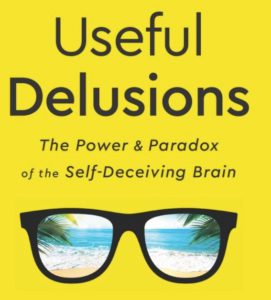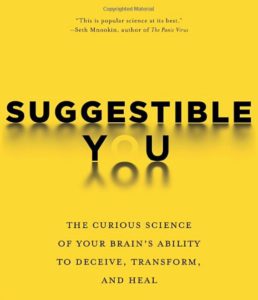Is it ever okay to lie? Can lying be helpful at times?
Let me think about that.
I was sitting at the nurse’s station in the nursing home where I was chaplain. The most competent and compassionate charge nurse pulled a pill out of someone’s med drawer and said, “I know this is unethical, but I HAVE to do something for this patient.”
She was in what we call “moral distress”—being forced to do something she knew, in most circumstances, was wrong. The patient was in increasing amounts of pain, and the doctor had prescribed a narcotic we did not have in our in-house pharmacy. Delivery could take hours, and the patient was often on the call bell begging for relief from her pain.
So, the nurse rummaged through other patients’ meds and found a vitamin pill. She took the pill to the suffering patient and said, “Mrs. Smith, here is your pain pill.” Within minutes the pain was gone. This is the well-known and much-studied “placebo effect.” It is real, and it provided this patient what she needed.
Medical ethicist Howard Brody has called the placebo, “the lie that heals.”
I just finished reading two books that explore the placebo effect. One is Useful Delusions: The Power and Paradox of the Self-Deceiving Brain by Shankar Vedantam and Bill Mesler. The other is Suggestible You: The Curious Science of Your Brain’s Ability to Deceive, Transform and Heal, by Erik Vance.

“The placebo effect is often described as the effect of mind over matter. But it is actually about something much more powerful: the power of the drama and rituals embedded in the practice of medicine—a theater that involves (often at an unconscious level) deception on the part of the physician [or the nurse] and self-deception on the part of the patient.” (from Useful Delusions)
And this bit of theater acted out by this nurse unlocked the patient’s “Inner Pharmacy” in the words of Eric Vance. He goes on:
“Chronic pain responds exceptionally well to placebos. In fact, pain might be the signature placebo-prone condition in the world today.… Humans do have a form of homemade opioids called endorphins—our own little hidden opium dens tucked away in our brains.… Pain placebos work because the brain self-medicates with opioid drugs.”
The theater that unlocks the placebo effect
How does this work? Vance writes, “Two complementary ideas—suggestion and expectation—are at the heart of unlocking your internal medicine cabinet.” The patient expected to receive relief from the nurse giving her a pill. The nurse suggested this was the pill that was going to bring that relief. Bada boom, bada bing—the pain was gone.
The nurse played her role in the theater. She dressed like the nurse she was. She brought in the pill as she had done scores of times before. She spoke her line, “Here is your pain pill.” The patient responded to all that the acting suggested and expected to find relief. She got that relief from an opioid released by her own brain.
I’ll give the last word to George Costanza from Seinfield: “It’s not a lie if you believe it.”





